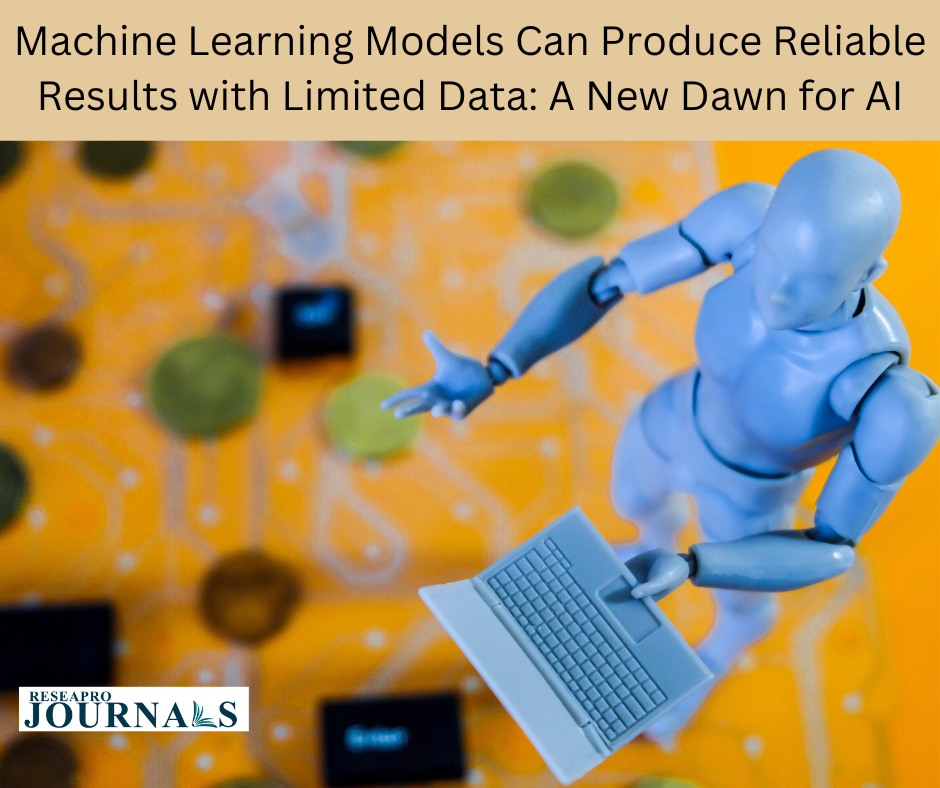|
Getting your Trinity Audio player ready...
|
The world of artificial intelligence is constantly evolving, and recent research has revealed a breakthrough that could significantly impact the field – machine learning models can be surprisingly reliable even with limited training data.
Traditionally, machine learning models have relied on massive datasets for training, often requiring significant resources and time. However, a team of researchers from the University of Cambridge and Cornell University has demonstrated that for certain types of tasks, accurate models can be built with surprisingly little data.
The researchers focused on partial differential equations (PDEs), which are mathematical equations used to describe complex processes in physics, engineering, and many other fields. By exploiting the inherent structure of PDEs and incorporating mathematical guarantees into the models, they were able to achieve reliable results with minimal training data.
This discovery has several significant implications:
- Reduced costs and time:┬ĀTraining models with less data requires less computational power and time,┬Āmaking AI solutions more accessible and cost-effective.
- Improved performance:┬ĀIn specific situations,┬Āmodels trained with limited data can perform as well as,┬Āor even better than,┬Āmodels trained with larger datasets.
- Wider applications:┬ĀThis development opens doors for applying AI to areas where data is scarce or costly to obtain.
While this research is a major step forward, it’s important to note that it doesn’t apply to all types of tasks. Some problems still require large datasets for reliable results. Nevertheless, this discovery represents a significant leap in the field of machine learning and has the potential to revolutionize various industries.




